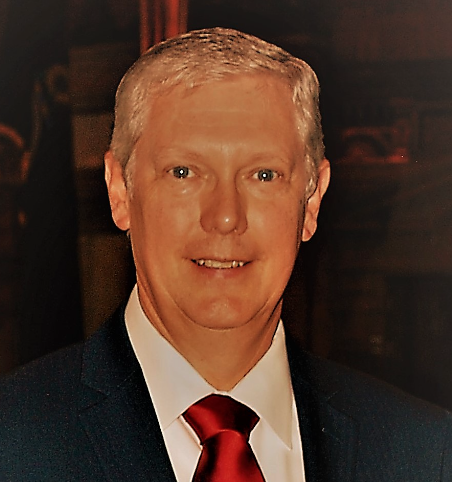
By EDWARD CROSS
Kansas Independent Oil & Gas Association
Energy matters – a lot. Throughout most of human history, global life expectancy was 30-35 years. In the last 200 years, global life expectancy has doubled. Extreme poverty has dropped from 90% of humanity to 10% and falling. The growth in human liberty and the dramatic increase in available energy are likely the two main catalysts for this tremendous progress.
Few doubt that energy has improved lives and enabled human progress. Yet one of the biggest challenges facing the world is the polarized debate over the future of energy. Facts and economics are too often replaced with assertions and emotions. Discussions about fossil fuels and alternative energy sources often degenerate into a battle to delegitimize the other side. This is a recipe for inaction. And it keeps billions of people trapped in energy poverty.
Energy at scale provides a critical foundation for economic development. A recent report from Wood Mackenzie, a reliable energy research and consultancy group, said fossil fuels will contribute about 85% of the world’s energy supply by 2040 and forecasts about 15% of global energy will come from carbon-free sources by then. In addition, nearly 100% of new energy demand is coming from emerging economies. Emerging economies need reliable affordable power, transportation fuels, and economic building blocks like industrial heat and fertilizers. All require oil and gas.
The oil and gas industry has done such a good job of creating abundant, affordable, always-available energy that the world takes it for granted. Energy is so woven into our daily lives that few question whether it will be there, or where it comes from.
Oil-based products are likely the first thing you touch at the beginning and end of each day, whether it is your alarm clock, television remote, cellphone, or even the toothpaste and toothbrush you use to brush your teeth. Those who wear makeup or synthetic fibers, such as polyester or nylon, are using or touching petroleum nearly 24 hours a day. As a key component in heart valves, seat belts, helmets, life vests, and even Kevlar, petroleum is saving tens of thousands of lives daily. Furthermore, oil and gas are key components in many medicines and antibiotics such as antiseptics, antihistamines, aspirin, and sulfa drugs.
We all expect our heat to run, gas stations to have fuel, and lights to never flicker – all at an affordable price. Around the world, billions of people are expecting a middle-class quality of life and its requisite available, affordable, reliable energy. None of this demand is going away soon. Because energy is so reliable and available, the public believes they no longer require it.
We all encounter this paradox anytime we engage in a conversation about energy and the environment. Some folks assume that we don’t need fossil fuels anymore. A stark example is anyone who wants to end oil and gas production while still benefitting from oil and gas based materials and fuels.
The oil and gas industry and general public have common ground. We both share a common desire to create prosperity globally.
There is a very real opportunity to create a stronger, more effective connection between oil and gas development and the public that allows us to work together on a common goal to create prosperity for people around the world.
Americans deserve the facts. And the fact is, history has disproved the false premise that economic growth and significant increases in energy production must, necessarily, come at the expense of environmental improvement.
While the oil and gas industry continues to address public concerns about important economic and environmental issues with accurate, fact-based, scientific information, we also recognize it is just as important to address big-issue visceral concerns with information that demonstrates how industry and companies care about people’s needs and concerns. Companies in the Kansas oil and gas industry understand responsibility comes through what we do and how we do it. For companies in the Kansas oil and gas industry, responsibility is an integral part of considerations and decisions.
The U.S. has a unique opportunity to show the world how energy abundance can be used as a positive force to lift people up. More than a billion people around the world face challenges for adequate food and education, clean water and protection from heat and cold due to a lack of access to energy. To rise out of poverty and enjoy health and safety, people need more energy, not less. We should all work together to ensure more people have access to safe, affordable, and reliable energy, no matter which state, nation, or continent they reside.
Edward Cross is president of the Kansas Independent Oil & Gas Association.
